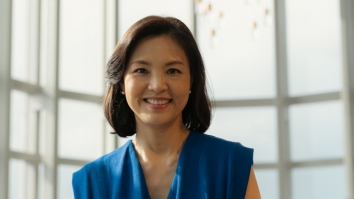
2013 holds high hopes for high-end developers
New home sales are climbing and could point to sustained buying interest.
Here's more from Maybank:
Take a high position. We believe 2013 will turn out to be a better year for high-end developers. The ability to move completed inventory will be good news to them, as the profits can be recognized immediately.
Not all doom and gloom. The introduction of the Additional Buyer’s Stamp Duty (ABSD) in December last year sent the high-end market into a stalemate. Recently, new home sales in the Core Central Region have shown initial signs of renewed interest, with 403 units sold in 2Q12, compared with 129 units in the previous quarter.
High-end segment piquing interest. We believe the market has grown to accept the ABSD as part of transaction costs. We expect buying interest to resume, albeit not to pre-GFC levels, as the investment climate in Singapore remains favourable, and the lack of alternative destinations in the region which offer such high-quality luxury products, especially on freehold tenure.
Prices could diverge again. We expect any quantitative easing to be supportive of the high-end segment in Singapore, causing the current price premium over the mass market segment to increase again, as the oncoming supply in the suburban areas exerts downward pressure on mass market condo prices. We forecast high-end prices to hold firm in 2013, but the mass market segment to correct by 10% by end-2013.
A race against time? Under the RPA, foreign developers (which include listed ones) must complete construction of their residential projects within five years of acquiring the site, and sell all the units within two years from obtaining Temporary Occupation Permit (TOP). Sites on Sentosa Cove are exempted from these requirements. This has been a source of overhang on the high-end developers’ share prices over the past nine months.
RPA requirements less punitive than generally believed. The penalty for non-compliance is either a) the forfeiture of the bankers’ guarantee amounting to 10% of the land cost, or b) the payment of an extension premium, which is pegged at 8%, 16% and 24% of the land cost for each subsequent year beyond the two-year period which the developer fails to sell all its units, pro-rated based on the proportion of unsold units. As land cost accounts for just ~50% of total costs for most of these projects, our analysis shows that the impact on developers’ margins are actually quite manageable.
























 Advertise
Advertise








